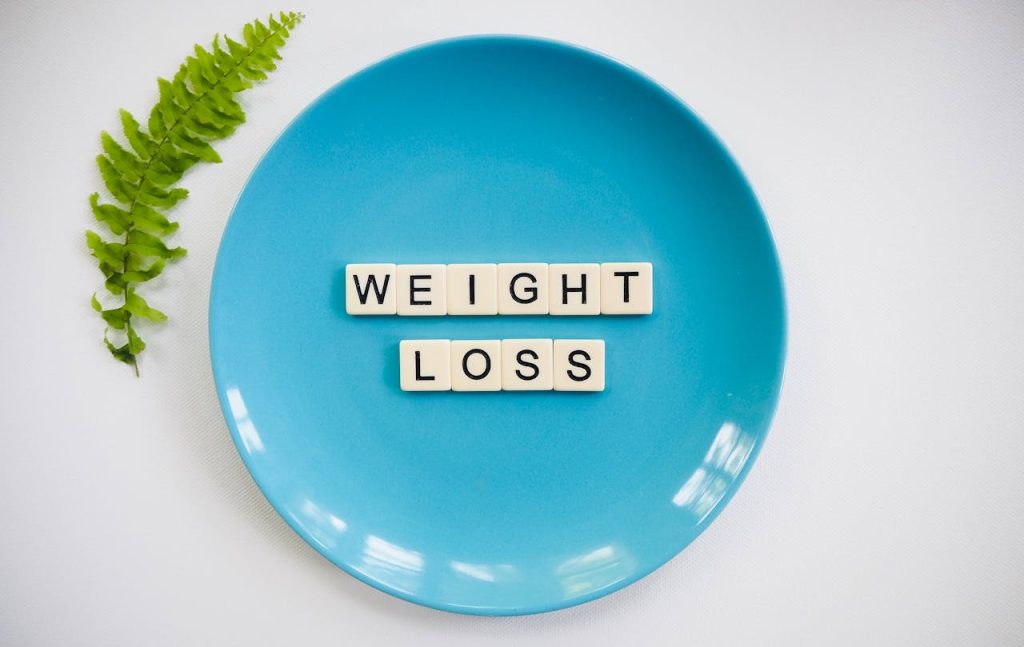Losing weight is a goal for many, but the fear of having to starve yourself can make the journey seem daunting. The good news is, effective and sustainable weight loss doesn’t require you to go hungry. In fact, starving yourself can backfire, leading to decreased energy levels, slowed metabolism, and potential weight gain in the long run. Instead, there are smarter, healthier ways to shed those extra pounds without feeling deprived.
In this blog, we’ll explore some practical strategies that can help you lose weight while keeping your hunger at bay.
1. Focus on Nutrient-Dense Foods
One of the most effective ways to lose weight without feeling hungry is to prioritize nutrient-dense foods. These are foods that are rich in vitamins, minerals, and other essential nutrients but low in calories. Examples include:
- Vegetables: Leafy greens, broccoli, cauliflower, and bell peppers are low in calories but high in fiber, helping you feel full.
- Fruits: Berries, apples, and oranges are not only delicious but also provide essential nutrients and fiber.
- Lean Proteins: Chicken breast, turkey, tofu, and fish are excellent sources of protein that help keep you satisfied.
- Whole Grains: Brown rice, quinoa, and oats are full of fiber and take longer to digest, keeping you fuller for longer.
By filling your plate with these foods, you can eat larger portions without consuming too many calories.
2. Eat Smaller, More Frequent Meals
Rather than sticking to three large meals a day, consider eating smaller, more frequent meals. This can help keep your metabolism active and prevent you from feeling overly hungry between meals. Aim for 5-6 small meals or snacks throughout the day, each balanced with protein, healthy fats, and complex carbohydrates.
3. Stay Hydrated
Sometimes, our bodies confuse thirst with hunger. Make sure you’re drinking enough water throughout the day to stay hydrated. Drinking a glass of water before meals can also help you feel fuller, reducing the likelihood of overeating. Herbal teas and infused water are also great options to keep things interesting.
4. Practice Mindful Eating
Mindful eating involves paying full attention to your eating experience. By slowing down and savoring each bite, you allow your body to register fullness more effectively, which can prevent overeating. To practice mindful eating:
- Eat without distractions: Avoid eating in front of the TV or while scrolling through your phone.
- Chew thoroughly: Take time to chew your food well, which aids digestion and allows you to enjoy the flavors.
- Listen to your body: Stop eating when you feel comfortably full, not stuffed.
5. Incorporate Healthy Fats
Despite what many believe, not all fats are bad. Healthy fats, such as those found in avocados, nuts, seeds, and olive oil, are essential for overall health and can help you feel satisfied after meals. Incorporating these fats into your diet can reduce cravings and prevent you from feeling deprived.
6. Get Plenty of Sleep
Sleep is a crucial, yet often overlooked, factor in weight loss. Lack of sleep can lead to hormonal imbalances that increase hunger and cravings, particularly for high-calorie foods. Aim for 7-9 hours of quality sleep per night to support your weight loss efforts and maintain overall well-being.
7. Incorporate Regular Exercise
Exercise is a key component of weight loss, but it’s also an effective way to regulate your appetite. Regular physical activity, especially strength training, can help you build muscle, which in turn boosts your metabolism. Additionally, exercise releases endorphins, which can improve your mood and reduce emotional eating.
8. Plan and Prepare Your Meals
Meal planning and preparation are essential for making healthier choices and avoiding the temptation of unhealthy snacks. By planning your meals in advance, you can ensure they’re balanced and portion-controlled. This also makes it easier to stick to your weight loss goals, even on busy days.
9. Don’t Deprive Yourself
While it’s important to make healthier choices, it’s also crucial not to deprive yourself completely of the foods you love. Allowing yourself occasional treats in moderation can prevent feelings of deprivation and help you maintain your weight loss efforts in the long run.
10. Seek Support
Finally, don’t underestimate the power of support. Whether it’s from friends, family, or a support group, having people who understand your goals and can offer encouragement can make a big difference in your weight loss journey.
Conclusion
Losing weight without starving yourself is not only possible, but it’s also the most sustainable and healthy approach. By focusing on nutrient-dense foods, staying hydrated, practicing mindful eating, and incorporating regular exercise, you can achieve your weight loss goals while still enjoying your meals and maintaining your energy levels. Remember, the key is balance, not deprivation. By making small, consistent changes, you can see lasting results without the hunger pangs.


